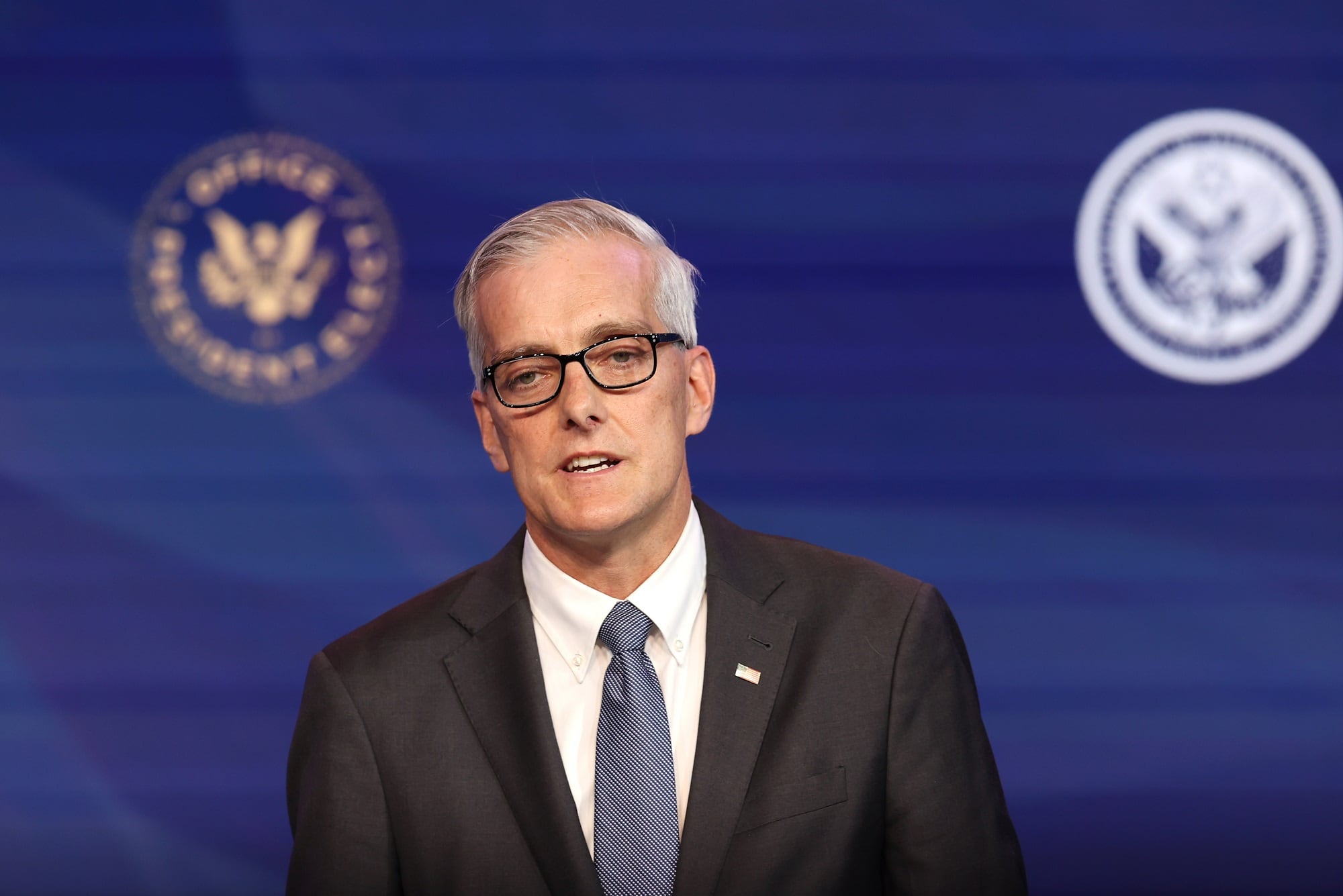The Department of Veterans Affairs will see nearly a 12 percent increase in total funding under the full-year spending deal approved by Congress on Monday, another significant financial boost for a department that has seen steady growth over the last two decades.
Under the budget measure approved by Congress in last-minute legislative work, the fiscal 2021 budget for the department is set at $243 billion, up $3 billion from the president’s initial request earlier this year and up $26 billion from fiscal 2020 levels.
That includes boosts for big department projects such as the electronic medical records overhaul, whose funding nearly doubled from about $1.5 billion last year to $2.6 billion this year. VA officials are expected to expand the program to multiple new sites in 2021, resulting in new costs.
RELATED

The new fiscal year began on Oct. 1, but the agency has been operating on budget extensions since then as lawmakers argued over federal spending levels and a new pandemic economic relief package. Both of those were approved late Monday night, and signed into law by President Donald Trump early on Tuesday morning.
VA officials for years have pushed to increase department funding even as other federal agencies have seen their budgets held flat or reduced. They argue that increasing demands on the department — not just medical and benefits costs from the recent wars, but also new services for all veterans — warrant the changes.
But while some lawmakers on Capitol Hill have begun to raise concerns about the ever-increasing VA budget, none have taken extra efforts to block the funding raises.
The VA budget has soared nearly five-fold in the past 20 years. In fiscal 2001, the VA budget totaled $45 billion. Ten years ago, it was about $125 billion, a little more than half of the House-passed plan for fiscal 2021.
The new money carries with it a host of expectations from lawmakers, including new reports on VA hiring practices, barriers to women veterans in seeking VA medical care, cases of sexual misconduct at VA facilities and progress in efforts to prevent veterans suicide.
About $10.3 billion of the funding would be set aside for mental health programs, with $312 million specifically earmarked for suicide prevention efforts. Another $1.9 billion would be earmarked for homeless veterans projects.
Lawmakers added about $6.1 billion in additional money for compensation and pensions payouts for this fiscal year, noting problems this fall with processing some payments because of changes in available funding accounts due to the budget uncertainty.
RELATED

Capitol Hill officials wrote that “while Congressional action prevented veteran payments from being impacted, the department must be more attentive to ensure that this needless risk is not repeated in the future.”
The full-year budget deal likely ensures that President-elect Joe Biden will not have to deal with a partial government shutdown threat in his first eight months in office.
Even if political fights cause budget issues next fall, the new deal includes $130 billion in advance appropriations for fiscal 2022, to ensure veterans services are not disrupted.
Leo covers Congress, Veterans Affairs and the White House for Military Times. He has covered Washington, D.C. since 2004, focusing on military personnel and veterans policies. His work has earned numerous honors, including a 2009 Polk award, a 2010 National Headliner Award, the IAVA Leadership in Journalism award and the VFW News Media award.




